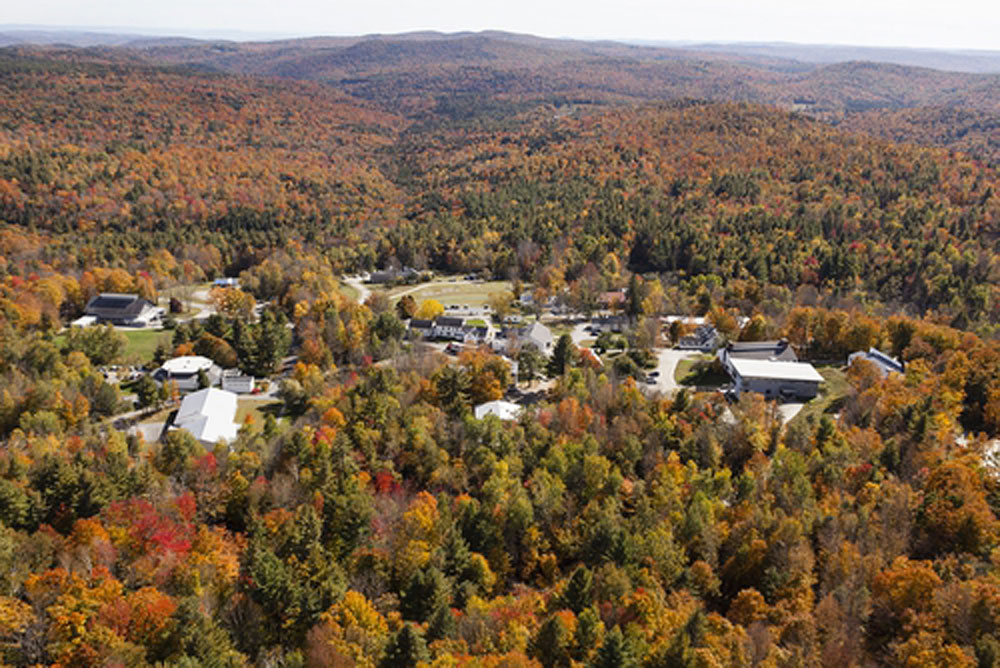
November 6, 2019; Boston Globe and the Berkeley Beacon
Yesterday morning, two New England Colleges voted to merge, though it seems less a merger and more of an absorption with certain caveats.
Marlboro College, a 73-year-old small liberal arts school in Vermont, will transfer its assets, which add up to approximately $40 million in endowment and property, to Boston’s Emerson College. The money will fund an existing renamed Liberal Arts and Interdisciplinary Studies program at Emerson. Meanwhile, Marlboro which boasts only 150 students, graduate and undergraduate, will close its own campus at the end of its Spring 2020 semester. Faculty and students will then opt in or out of going to Emerson, where the student body is almost ten times bigger.
Emerson is in downtown Boston and is known primarily as a communications and theater school. Marlboro, on the other hand, is sited on a farm and includes a lot of outdoor time. Evidently, the two schools see enough alignment to get to a cultural fit, and there will be cross-school committees established to address specific areas of difference as the process moves along. But this may be where the friction lies. Perhaps the greatest red flag of this merger is that while Emerson is relatively traditionally managed, Marlboro is an intentionally “self-governed community” famous for its town halls. So, we’ll see.
Sign up for our free newsletters
Subscribe to NPQ's newsletters to have our top stories delivered directly to your inbox.
By signing up, you agree to our privacy policy and terms of use, and to receive messages from NPQ and our partners.
What is it that culture eats for breakfast, again?
But three of Marlboro’s peers have shuttered in the past year—Southern Vermont College, Green Mountain College, and the College of St. Joseph—so there was some writing on the wall. This effort came to resolution quickly, since Marlboro was close to agreement on another potential merger partner, the University of Bridgeport in Connecticut, until those talks ended at the end of September.
Lee Pelton, Emerson’s president, commented about the deal, “One way to understand this transaction is to think of an individual making a $40 million gift to endow an existing college program.” If both sides understand the essential deal that way, then all should be well, and the two parties do hold some core educational principles in common.
“This is an extraordinary alliance and a quintessential win for both of our commonwealths of learning,” Pelton said at the announcement. “For Emerson, the gift will permanently fund Emerson’s Institute for Liberal Arts and Interdisciplinary Studies program. For Marlboro, their legacy will live on, their students will benefit from enhanced educational programs, and their tenured and tenure-track faculty will continue to teach in an environment that supports intellectual creativity, innovation, and experiential learning.”—Ruth McCambridge











